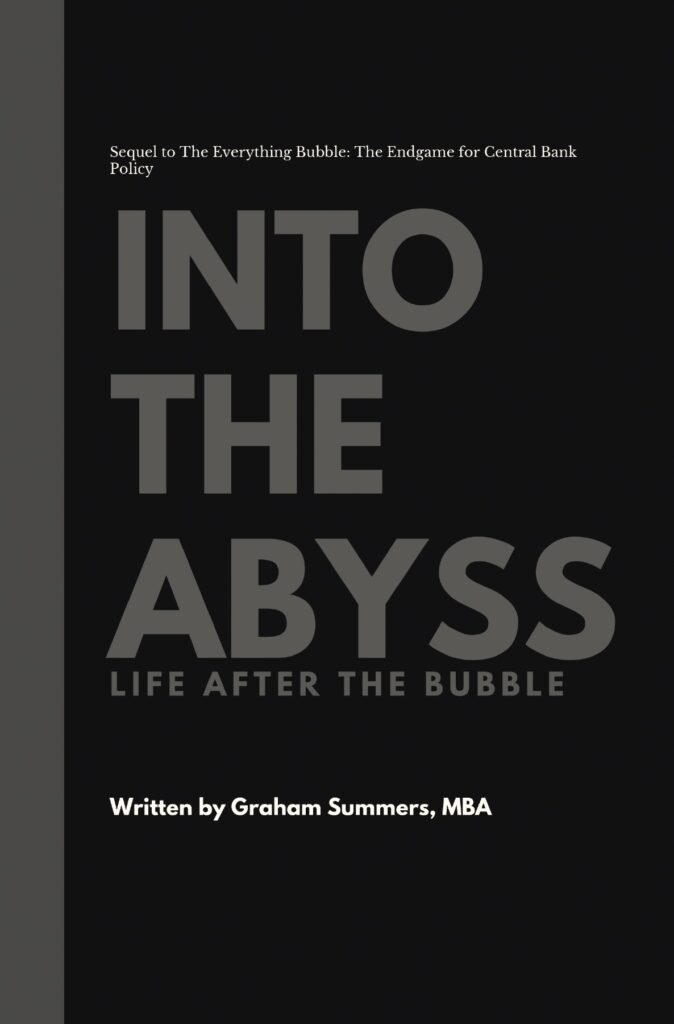The investment world is convinced that China is about to engage in another massive round of stimulus. After all, this is what China did in 2008 when its economy slowed, so surely this is what they’ll do now that the economy is slowing again.
The fact of the matter is that China cannot and will not do this. The reason is that the Chinese Government today is facing a very different set of circumstances than it was in 2008.
Since 2008, global Central Banks have printed $10 trillion in new money. Between this and the supply shock to natural resource companies created by credit drying up in the crash, the inflation genie is now officially out of the bottle.
This is most clear in China, where workers have begun demanding wage increases.
With nearly a third of its population living off less than $2 per day, any bump in food prices hits China much harder than the US or other developed nations.
Chinese workers are now demanding higher wages to survive. Indeed, this situation is so serious that many multinational manufacturing firms are in fact moving facilities to the US because of the greater stability there. Apple, Ford, GE, Bridgestone and many others have announced this.
Even China’s official data shows inflation is at a seven month high. Chilly weather is blamed in the official reports, but the truth is that China has a major problem with food inflation regardless of the weather.
The Chinese Government cannot suddenly print a massive amount of money without facing massive civil unrest. We already know that the Government is deeply concerned about losing its grip on society from the fact that it is making a very public display of cracking down on corruption.
This is meant to appease a population that has realized A) it’s no longer better off than before B) many government officials and their families are getting wealthy through corrupt means.
So China cannot and will not be engaging in massive stimulus for the simple reason that doing so would kick off a very dangerous wave of civil unrest. Indeed, China’s new party leader Xi Jinping has openly stated that China will not be pursuing high growth rates through stimulus going forward.
This is why, smart investors are already taking advantage of the lull in the markets today to position themselves for several key issues (including the misguided beliefs in China that we’ve analyzed above).
While everyone else continues to believe the fairytale story spun by the political class and mainstream media, our Private Wealth Advisory newsletter subscribers have already been warned of these issues and are taking action (just as they did in early 2008 when others were bullish, or in 2010 when the EU crisis first began to take off).
Private Wealth Advisory outlined several critical investment strategies, designed to hedge our subscribers from the risks in the market while also alerting them to unique investment ideas that 99% of investors don’t know about.
This includes out of the way hard asset plays that are undervalued by as much as 70%, back-door investments on the US debt ceiling talks that allow individual investors to profit when the stuff hits the fan there, as well as a major slowdown in China.
To find out about these investments and start positioning yourself for what we all know is coming, but no one wants to openly admit, all you need to do is take out a trial subscription to Private Wealth Advisory.
You’ll immediately be given full access to the subscribers’ only Private Wealth Advisory website where you can find the historical archives of this investment newsletter.
You’ll also begin receiving new, hot off the press, issues of Private Wealth Advisory to your inbox every other Wednesday. Running between 20 and 30 pages in length, these intensive newsletters outline an expert understanding of what’s happening in the world, in plain, easy to understand language so our subscribers have the best research presented in the clearest way possible.
In this manner, our clients are always informed about the economy, financial markets, and most importantly, their investments.
To find out more about Private Wealth Advisory and how it can help you and your investments…
Phoenix Capital Research




